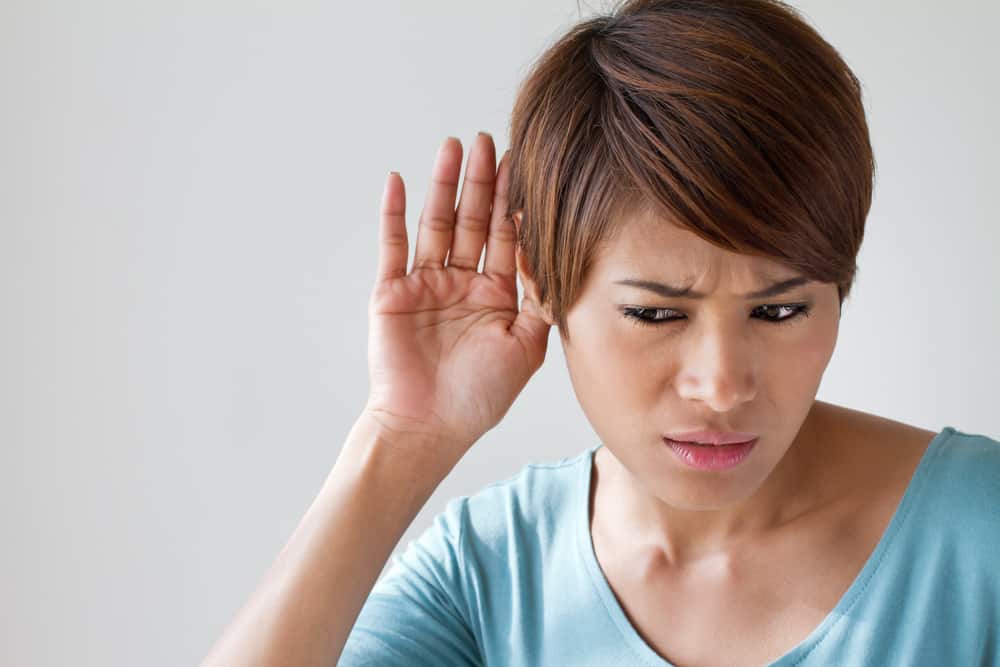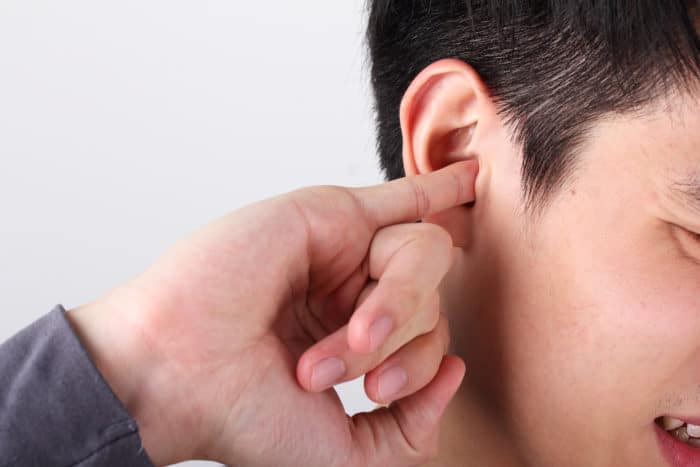Contents:
- Medical Video: Is Your Hearing At Risk? Tips to Protect Your Ears
- Types of hearing loss that may not be known
- 1. Conductive hearing loss
- 2. Sensorineural hearing loss
- 3. Combined hearing loss
Medical Video: Is Your Hearing At Risk? Tips to Protect Your Ears
It is natural for hearing abilities to decrease with age. However, if you don't pay attention to ear health early, it's not impossible that you experience hearing loss when you are young. Because, there are several types of hearing loss that can attack anyone, not just the elderly.
Although medication or surgery can almost overcome hearing problems. If hearing problems are permanent, the only solution is to use a hearing aid. In order to prevent it, let's learn more about the following types of hearing loss.
Types of hearing loss that may not be known
There are three types of hearing loss that are divided based on the causes, including:
1. Conductive hearing loss
This hearing loss usually occurs when sound vibrations cannot enter the inner ear. This condition can be caused by a disruption in the part of the ossicles (stapes, malleus, and incus) or other parts of the ear that block the flow of sound reaching the cochlea. Eardrum problems that cannot vibrate sound waves properly can also be a cause of this conductive deafness.
Other causes of this type of conductive hearing loss are:
- Earwax that accumulates. Your ears produce wax that smells and makes your ears itchy when you have enough. Clean earwax with cotton buds, often pushing more dirt in, making dirt accumulate and clot so that it blocks the incoming sound.
- Swimmer's ear. Water that enters the ear makes the ear moist and causes infection. This condition is also called otitis externa. Infection causes swelling which disrupts your hearing.
- Clogged ears. Pieces of cotton from cotton buds can be separated and left in the ear. This condition can clog the ears so that the incoming sound is less audible.
- The presence of fluid in the middle ear. Flu, allergies, ear infections, or diseases of the respiratory tract can cause fluid to accumulate and interfere with the work of the eustachian tube which must open and close.
- Defects. An incomplete outer ear canal at birth can cause your hearing to be disturbed. This condition is called atresia and can be treated with ear reconstruction surgery.
- Otosclerosis. The growth of abnormal bone in the middle of the ear can make the ear unresponsive and not vibrate. As a result, you cannot hear the sound properly.
- Cholesteatoma. Benign tumor growth in the middle ear due to recurrent ear infections. If there is more than one tumor, this condition can damage the ear and cause hearing loss.
2. Sensorineural hearing loss
This hearing loss is most common. If you have this condition, the sound becomes difficult to hear and unclear. These ear problems occur in the inner ear, cochlear nerve, or disorders of the cilia (small hair in the ear).
The type of sensorineural hearing loss is usually caused by various things and certain medical problems, such as:
- Aging.Getting older, the ear's ability to hear will decrease. This condition is also called presbyakusis.
- Acoustic trauma. This condition occurs due to exposure to loud sounds for a long time. A noisy environment with loud music, engine noise, or other loud noises can increase the chance of ear damage.
- Autoimmune disease that attacks the inner ear.Immune system abnormalities can affect ear health. This condition can worsen ear health so that the ears become buzzing or bindeng.
- Meniere's disease. This chronic condition causes hearing loss such as symptoms of vertigo and tinnitus.
- Sudden change in air pressure. Activities such as scuba diving, boarding, or skydiving can increase the risk of damage to the inner ear nerve. When landing or returning to land, fluid in the inner ear can shift, leak, and rupture.
- Acoustic neuroma.This non-cancerous tumor can affect the nerves that send sound signals to the inner ear and brain. Disturbed hearing is the initial sign of this condition.
3. Combined hearing loss
Combined hearing loss is a combination of conductive and sensorineural hearing loss. People with this condition usually experience sensorineural hearing loss first. Over time without treatment, the listener's disturbances get worse and cause conductive disorders.















